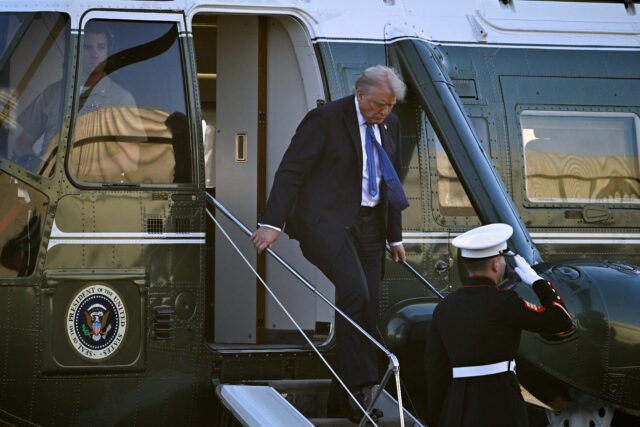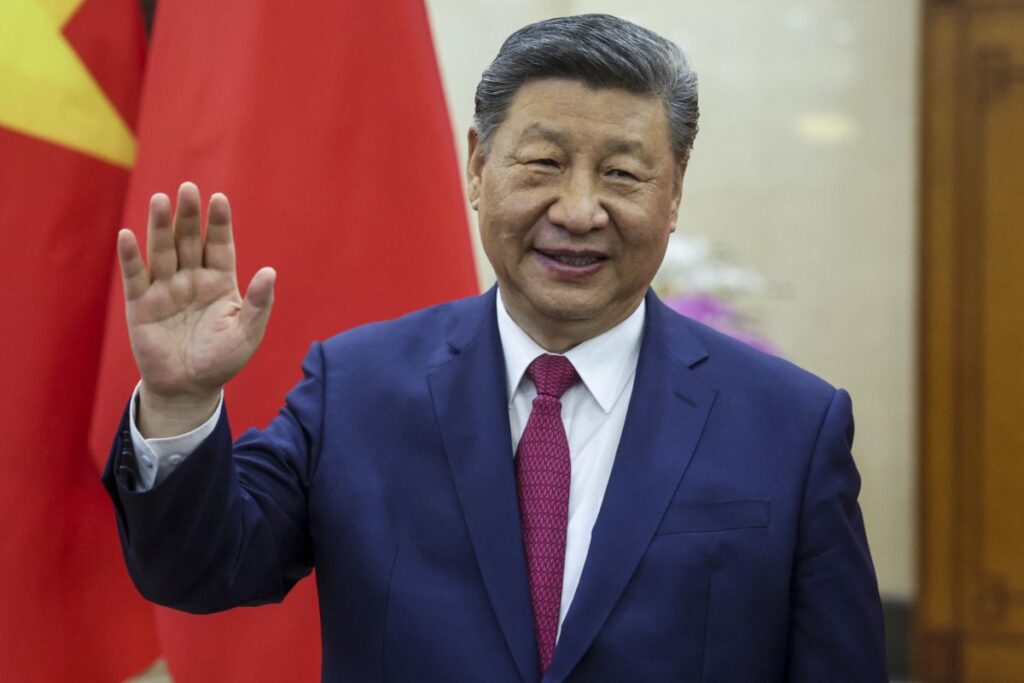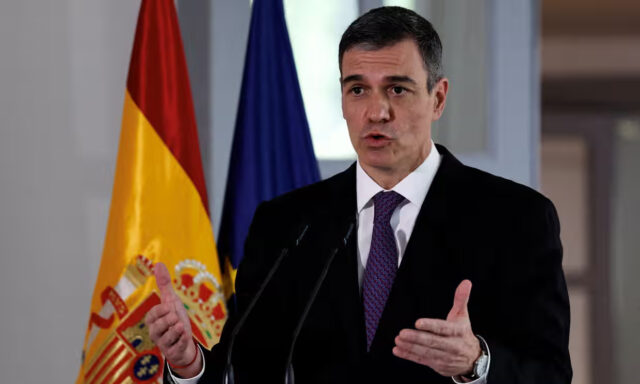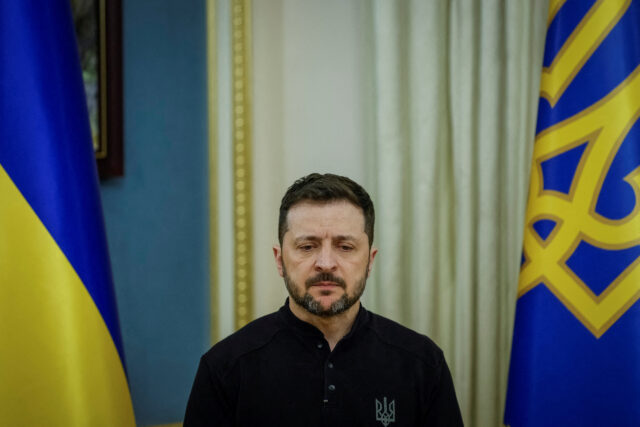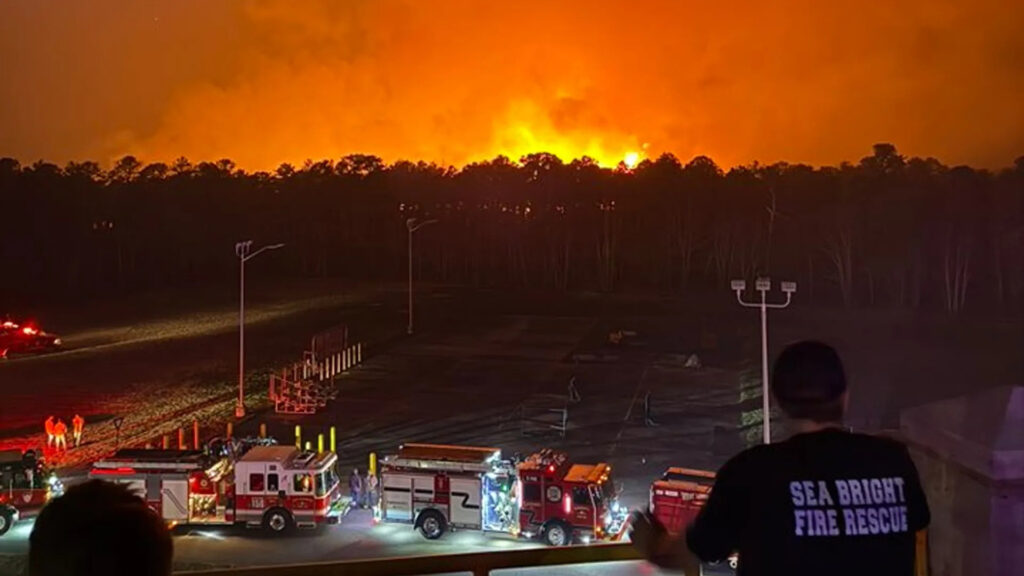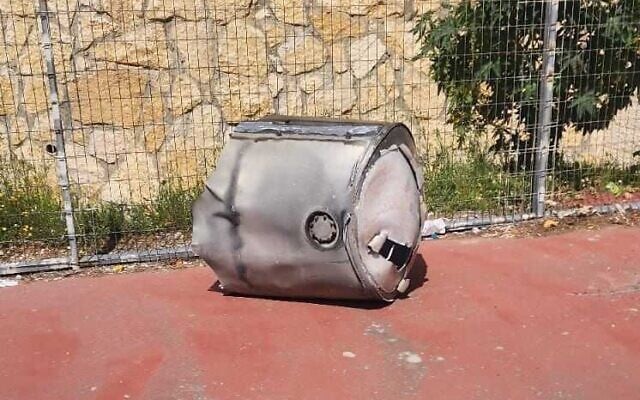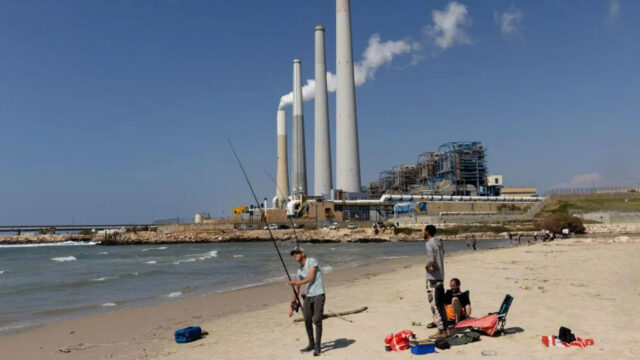YES I CAN: COMBATTING SUMMER LEARNING LOSS
A GUIDE FOR PARENTS
RUCHI (EITA) FELLER
AS SUMMER BREAK APPROACHES, PARENTS AND EDUCATORS EXPRESS CONCERNS ABOUT “SUMMER LEARNING LOSS,” (SLL) A PHENOMENON WHERE STUDENTS EXPERIENCE A DECLINE IN ACADEMIC SKILLS. THIS DECLINE, ALSO KNOWN AS THE “SUMMER SLIDE,” CAN BE ADDRESSED THROUGH PROACTIVE MEASURES AND ENGAGING ACTIVITIES.
UNDERSTANDING SUMMER LEARNING LOSS
SLL refers to the decline in academic skills and knowledge that occurs during the summer break. Studies have shown that without engaging in educational activities, students may lose several months’ worth of progress, resulting in setbacks when they return to school.
EFFECTS OF SUMMER LEARNING LOSS
The effects of summer learning loss can be significant, leading to decreased academic performance, lower confidence, and reduced motivation. Over time, this can create an achievement gap between students with access to educational resources and those without. Addressing this issue requires collaboration among parents, educators, and communities.
COMBATTING SUMMER LEARNING LOSS
- Encourage Reading
Reading is a powerful tool to combat summer learning loss. Encourage your child to read regularly, whether it’s books, magazines, or online articles. Create a cozy reading nook at home and set aside dedicated reading time (at least 20 minuets) each day. - Explore Summer Programs
Look for summer programs or camps that offer educational opportunities. These programs provide engaging and interactive activities aligned with school curricula, allowing children to learn while having fun.

- Visit Museums and Libraries
Regularly visit local museums, libraries, and cultural centers. These institutions often offer summer reading challenges, workshops, and exhibits that enhance your child’s learning experience. - Set Learning Goals
Collaborate with your child to set learning goals for the summer. Break these goals into manageable tasks and create a schedule to track progress. Celebrate achievements along the way to maintain motivation. - Embrace Technology
Leverage educational apps, online resources, and interactive learning platforms to supplement your child’s learning. Many websites offer engaging educational games and activities across various subjects. Here are a few websites that we recommend:
- www.readingwithtlc.com/lively-letters/(Reading Program)
- www.hearbuilder.com/(Foundational Literary Skills)
- www.kidscookrealfood.com/(Cooking)
- Engage in Everyday Learning
Learning opportunities exist in everyday activities. Involve your child in cooking, gardening, or DIY projects to develop their math, science, and problem-solving skills. Encourage discussions about current events to foster critical thinking and communication skills. - Support Social and Emotional Learning
Summer is an excellent time to focus on your child’s social and emotional well-being. Encourage engagement in activities that build empathy, teamwork, and resilience. This can include joining community service projects, participating in team sports, or engaging in creative arts. - Foster a Love for Learning
Make learning enjoyable by incorporating hands-on activities, field trips, and educational games. When children find joy in the learning process, they are more likely to retain information and develop a lifelong love for learning.
By encouraging reading, exploring educational programs, visiting cultural institutions, and fostering a love for learning, parents can help their children maintain and enhance their academic skills during the summer break. Learning doesn’t have to stop when school ends; it can be a year-round adventure that paves the way for future success. Let’s work together to ensure our children return to school ready to thrive and reach their full potential.
Ruchi (Eita) Feller is the Educational Director at Yes I Can.



